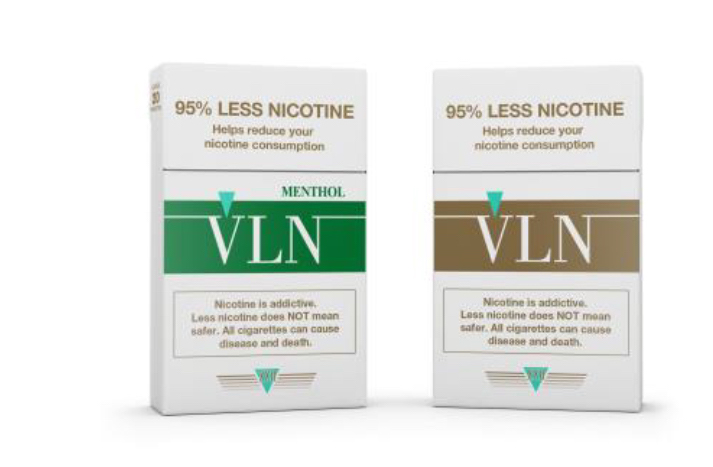How to turn self-defeating thought patterns into a positive mindset that sets you up for recovery success
By Patrick McElwaine, Psy.D.
September 15, 2020There are many great sayings you hear in addiction-treatment group meetings that help an individual stay on the path of recovery. You hear expressions such as “I am not alone,” “one day at a time,” “I am in control of my life” or its converse: “let go and let God,” “easy does it”—and many more.
One that always stood out for me is Stinking thinking leads to drinking: this simple saying speaks strongly to the devastating consequences of negative thought patterns on addiction.
Our thought patterns have a huge impact on starting and maintaining our treatment. Thinking errors are faulty thought patterns that are self-defeating and strongly influence our emotions and behaviors.Examples of common thinking errors include:
All or Nothing Thinking—viewing terms in absolutes, black-and-white thinking.
• I relapsed again; I am never going to get sober!
Jumping to Conclusions—mind reading
• After meeting some
one, you walk away thinking that they do not like you because of your own interpretation of their body language or something said without any evidence.
Jumping to Conclusions—fortune telling
• I have never been able to get clean; I know I am going to relapse again.
Disqualifying the Positives—denying or ignoring past successes in recovery
• I can’t do anything right when I am sober.
Mental Filtering—when you only focus on the negative aspects of a situation
• I’ll lose all my friends if I quit using.
Stinking thinking leads to drinking: This simple saying speaks strongly to the devastating consequences of negative thought patterns on addiction.”
So, how can you turn around “stinking thinking”? There are a few ways to work through negative though patterns:
Find a Therapist: I always begin by strongly suggesting that you find a therapist. Having a therapist with whom you have a good, trusting relationship, but who also can challenge you to work through your negative thinking, defense mechanisms, etc. is a powerful way to change bad habits and thinking patterns.
Write it out: In my work with my clients (and for myself), I will write down a negative thought, see if a cognitive error is associated with it and reframe the thought with positive, adaptive, and realistic thinking. An example of this could be with a client who believes they will be unsuccessful in treatment because they have never been successful before (cognitive error- fortune telling).
Think Positive: I am going to therapy, meetings, and making positive changes in my life.
Think Adaptive: I am learning new skills via therapy, steps or your preferred support system to manage my negative thoughts, cravings, and other aspects of my addiction that have been difficult for me in the past.
Think Realistic: There are going to be tough times in recovery, and I am going to be able to work through it by going to meetings, speaking with my therapist. This too shall pass.
Try Mindfulness: Engage in activities such as meditation, yoga, deep breathing, guided imagery, and exercise.
Consider Attending a Group Meeting: No matter what type you pick (I’m partial to 12 steps, myself), group meetings offer community and accountability. Speak about the negative thinking that is impacting your recovery. Listen to others. Find tools that have worked for fellow group members that offer healthy ways for you to add to your list of tools that can support your recovery.
Addiction begins in the brain. Shining a light on your “stinking thinking” is a powerful step in reprogramming yourself to take on addiction—and stay on the path of recovery.
Patrick McElwaine, Psy.D., LPC, is known as “Dr. Mac” to his clients, students and colleagues. He has his own counseling practice, teaches counseling psychology at Holy Family University in Pennsylvania, is a faculty member at the Beck Institute, and serves on the Bucks County National Alliance on Mental Illness (NAMI) board of trustees.
Photo: The Creative Exchange














